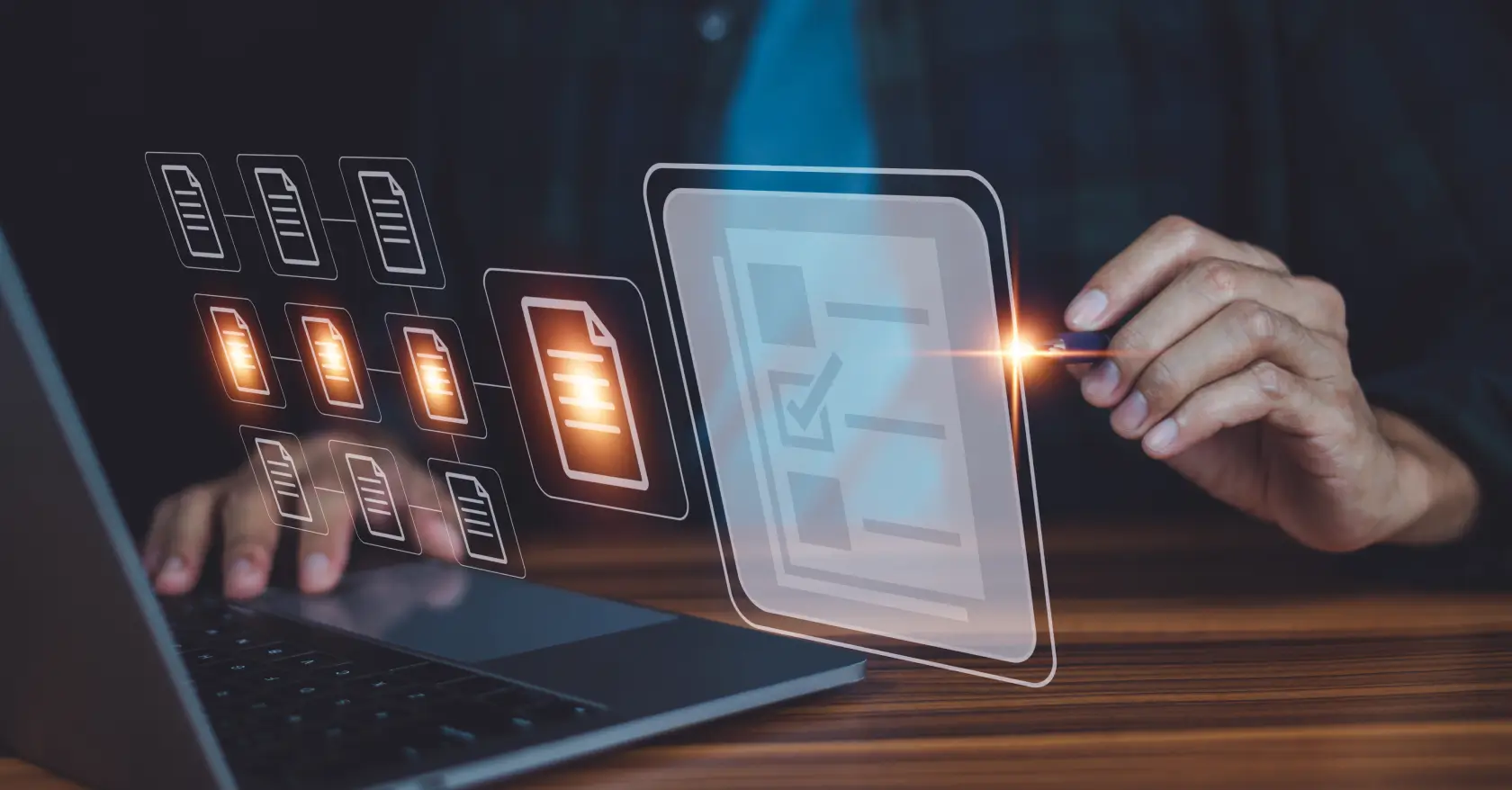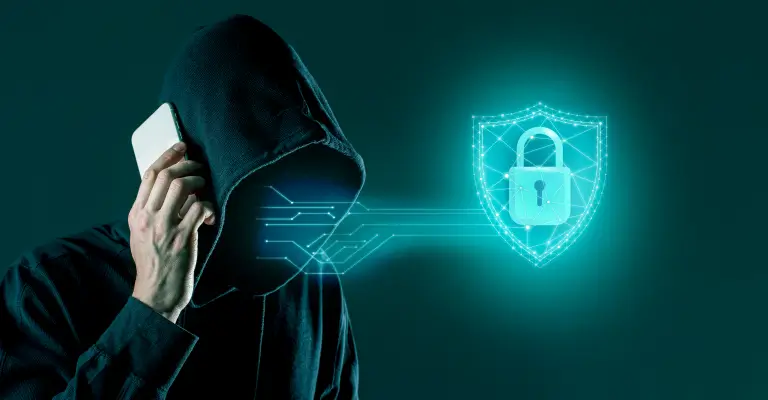In the rapidly evolving landscape of digital identity, Self-Sovereign Identity (SSI) stands out as a beacon of empowerment for individuals and organizations alike. While it promises unparalleled control and privacy over personal data, its journey to mainstream acceptance faces both challenges and opportunities.
Understanding Self-Sovereign Identity
SSI fundamentally redefines the way we perceive and manage digital identities. Unlike traditional systems where reliance on third-party providers is the norm, SSI empowers individuals to securely store and manage their identity information directly on their personal devices, using cryptographic techniques. This decentralized approach not only enhances privacy but also mitigates the risks associated with centralized databases.
The Concept of Digital Identity
At its core, digital identity encompasses the information and credentials that uniquely identify an individual in the digital realm. It serves as a gateway to accessing online services, conducting transactions, and interacting with others in the virtual space. However, traditional identity systems often fall short in terms of privacy, security, and user control, prompting the need for innovative solutions like SSI.
Secure Online Credential Verification
Secure Online Credential Verification leverages Self-Sovereign Identity (SSI) to provide a unique and tamper-proof identity for your credentials. By using decentralized technology, SSI ensures that your credentials are securely verified and protected against fraud, offering a reliable way to establish trust in digital transactions.
Online Platforms for Credential Verification
Online platforms dedicated to unique credential identity verification provide a secure and reliable means to validate the authenticity of credentials. These platforms often employ stringent security measures and verification processes to ensure accurate and trustworthy results.
Encrypted Communication Channels
Utilizing encrypted communication channels, such as SSL/TLS protocols, protects the privacy and integrity of the credential verification process. Encryption ensures that sensitive information exchanged during the unique credential identity verification remains secure and inaccessible to unauthorized parties.
Real-Time Verification Processes
Real-time verification enables immediate validation of credentials, ensuring that the information is accurate and up-to-date.By conducting real-time verification, individuals and organizations can make informed decisions based on the most recent information available.
Blockchain Technology for Credential Integrity
Blockchain technology offers a decentralized and tamper-proof system for verifying the integrity of credentials. By leveraging blockchain, the immutability and transparency of the distributed ledger ensure the authenticity and validity of credentials.
Protecting Credentials from Fraud
Regularly Updating Credentials and regularly changing passwords and updating credentials is essential to minimize the risk of unauthorized access. By adopting a proactive approach to credential management, we reduce the likelihood of credentials being compromised due to data breaches or leaks.
Phishing Awareness and Prevention
Phishing attacks remain a prevalent method for credential theft. Being vigilant and aware of phishing techniques helps prevent falling victim to such scams. Avoid clicking on suspicious links or providing sensitive information in response to unsolicited requests.
Secure Storage and Backup Practices
Storing credentials in secure and encrypted storage systems adds an extra layer of protection against unauthorized access. Regularly backing up credentials ensures that even if the primary storage is compromised, we can restore our credentials without significant disruption.
Monitoring for Suspicious Activities
Regularly monitoring accounts and activities associated with our credentials helps detect and mitigate potential fraudulent activities promptly. By being proactive in monitoring, we can identify anomalies or unauthorized access attempts and take necessary action to protect our credentials.
Benefits of Self-Sovereign Identity
The advantages of SSI extend to both individuals and organizations. For users, SSI offers full control over personal data, confidentiality in authentication activities, and selective disclosure of information. Meanwhile, issuers benefit from enhanced fraud prevention through cryptographic verification, while verifiers enjoy improved data privacy and secure verification processes.
1. The Evolution of SSI
The journey towards SSI has been marked by significant milestones, from the reliance on physical proofs of identity to the emergence of federated identity systems and social identity providers. Today, SSI represents a paradigm shift, akin to the physical identity model, but tailored for the digital age. Its principles, rooted in decentralization and user-centricity, hold the key to a more secure and transparent identity ecosystem.
2. Principles of Self-Sovereign Identity
Ten guiding principles encapsulate the essence of SSI, emphasizing aspects such as user control, transparency, portability, and data minimization. These principles serve as the foundation for building robust and interoperable identity systems that prioritize individual rights and privacy.
3. Real-World Applications of SSI
SSI has the potential to revolutionize various industries, from education and finance to healthcare and travel. By enabling secure and portable identities, SSI facilitates seamless interactions in both the digital and physical realms, offering benefits such as faster transactions, reduced administrative burden, and enhanced privacy.
4. The Future of Self-Sovereign Identity
As SSI continues to gain traction globally, its widespread adoption hinges on various factors, including regulatory frameworks, technological innovations, and societal acceptance. In Switzerland, the convergence of these factors presents a unique opportunity to lead the way in digital identity innovation and governance.
Conclusion
Self-Sovereign Identity holds immense promise as a catalyst for a more secure, transparent, and user-centric identity ecosystem. By embracing its principles and leveraging technological advancements, all the nations can unlock the full potential of SSI, ushering in a new era of digital empowerment and trust.
By embracing the principles of SSI, EveryCRED empowers you to take control of your own digital identity and allows you to verify credentials online. No more relying on centralized authorities or grappling with the risks of identity theft. With EveryCRED, you hold the keys to your credentials, authenticating and verifying them with ease and confidence.

 13th June, 2024
13th June, 2024 



